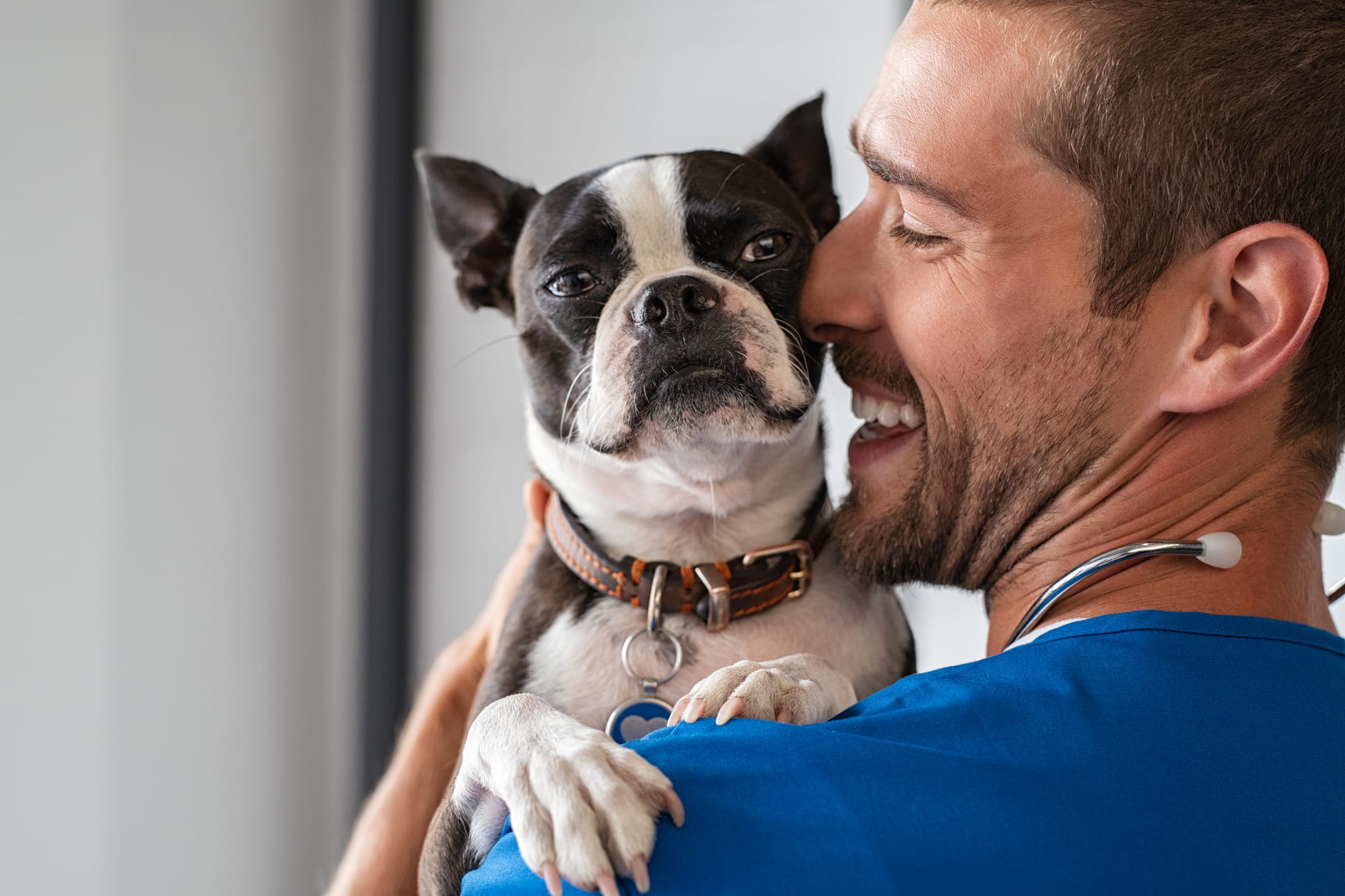Pets in Sober Living Homes: How It Can Work Safely and the Laws in Los Angeles

Allowing pets in sober living homes can offer tremendous emotional support and stability for residents. For individuals transitioning from addiction treatment to a sober lifestyle, the companionship of a pet can foster responsibility, structure, and a sense of purpose. However, integrating pets into a sober living environment requires careful planning, clear guidelines, and an understanding of the relevant legal considerations in Los Angeles.
Benefits of Pets in Sober Living Homes
- Emotional Support: Pets provide companionship, reduce feelings of isolation, and help alleviate anxiety and depression. Studies show that animal interaction increases oxytocin levels, promoting emotional well-being, which can be essential for those in recovery.
- Sense of Responsibility: Taking care of a pet introduces structure to daily life, reinforcing healthy routines and a sense of responsibility.
- Physical Activity: Pets, particularly dogs, require regular exercise, which can encourage residents to remain physically active, promoting both physical and mental health.
- Bonding Opportunities: A pet-friendly sober environment fosters a sense of community as residents share the responsibility of caring for animals, creating bonding moments and strengthening interpersonal relationships.
Challenges of Pets in Sober Living Homes
While the benefits of pets in recovery homes are considerable, there are several challenges and considerations:
- Allergies and Phobias: Some residents may have allergies or a fear of animals, which must be addressed to ensure everyone’s comfort.
- Aggressive Behavior: Pets, especially those not trained or well-socialized, may pose a risk to other residents. It is essential to screen pets for behavioral issues.
- Cleanliness: Maintaining cleanliness in a shared living environment is critical, and pets can introduce additional responsibilities for cleaning and care.
Guidelines for Allowing Pets in Sober Living
- Pet Screening: Require an assessment of each pet to ensure they are well-behaved, non-aggressive, and house-trained.
- Pet Policies: Set clear rules regarding the types and sizes of animals allowed, vaccination requirements, and who is responsible for the pet’s care (feeding, exercising, cleaning up).
- Designated Pet Areas: Establish specific areas within the home or property where pets are allowed, such as outdoor spaces for dogs to exercise. This helps maintain order and cleanliness.
- Contracts and Waivers: Require pet owners to sign agreements outlining their responsibilities, and set consequences for violations, such as damages or failure to properly care for the pet.
- Pet Liability Insurance: Encourage or require pet owners to carry liability insurance to cover any potential damages caused by their pets.
Legal Considerations in Los Angeles
In Los Angeles, there are laws and guidelines related to both pets and sober living homes that must be followed.
- Fair Housing Act (FHA): The FHA prohibits discrimination based on disabilities, and sober housing often fall under this protection. Under the FHA, emotional support animals (ESA) and service animals must be allowed, even if the facility has a no-pet policy, provided the resident has a legitimate need for the animal for emotional or physical support. This law requires landlords to make reasonable accommodations for these animals, but it does not extend to pets that are solely for companionship and not medically prescribed.
- Americans with Disabilities Act (ADA): Service animals are protected under the ADA, and sober living homes are required to make accommodations for them. However, the ADA only applies to service animals, such as dogs that are specifically trained to perform tasks for individuals with disabilities.
- Los Angeles Local Ordinances: Los Angeles has specific regulations regarding the number of pets allowed in a residential home, often limiting the number of dogs and cats to three each. Sober living homes must comply with these ordinances while ensuring the well-being of both residents and animals.
Safely Managing Pets in Sober Living
Managing pets in a sober living facility requires clear guidelines to ensure the safety and comfort of all residents. Here’s how to create a safe and harmonious environment:
- Pet Size and Type Restrictions: It’s wise to limit the size and type of animals allowed, such as restricting certain breeds of dogs that may be prone to aggression or limiting the number of pets per household.
- Regular Health Checks: Require pets to have regular veterinary checkups, including up-to-date vaccinations and flea treatments, to prevent the spread of illnesses.
- Pet Care Plans: Have residents submit detailed care plans outlining how they will meet their pets' needs, such as feeding, exercise, and waste management. Regular checks can help ensure compliance.
- Conflict Resolution: Develop a protocol to resolve conflicts between residents regarding pets. This could involve mediation, pet re-homing policies, or stricter enforcement of rules.
Lastly
Allowing pets in addiction recovery homes can provide immense emotional and psychological benefits, contributing to a supportive recovery environment. However, it requires a balance of clear guidelines, legal compliance, and a commitment to maintaining a clean, safe, and respectful home for all residents. In Los Angeles, sober homes must navigate federal and local regulations to ensure that emotional support and service animals are accommodated, while still upholding rules that promote harmony and safety within the home. With the right policies in place, pets can play an essential role in supporting residents on their journey to long-term recovery. At Design to Recover we implement all these considerations and policies to allow clients to maintain the support provided by their pets into the early stages of recovery. We consider ourselves the premier pet friendly sober living in Los Angeles and the go-to dog friendly sober living for the region.
Why wait? Check out our facilities now and learn more here!